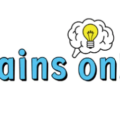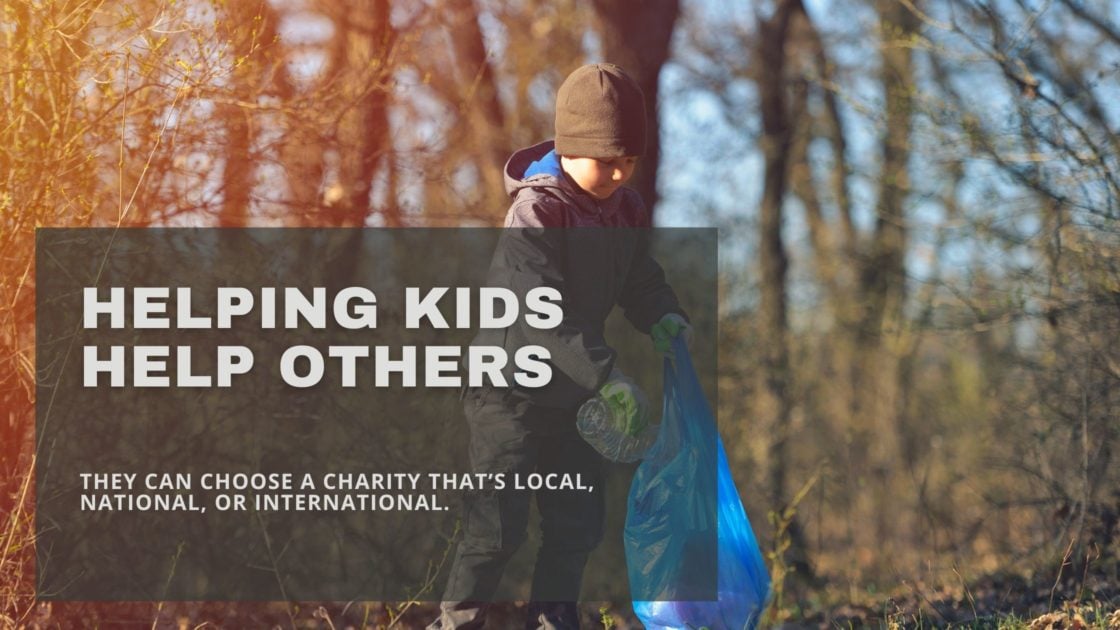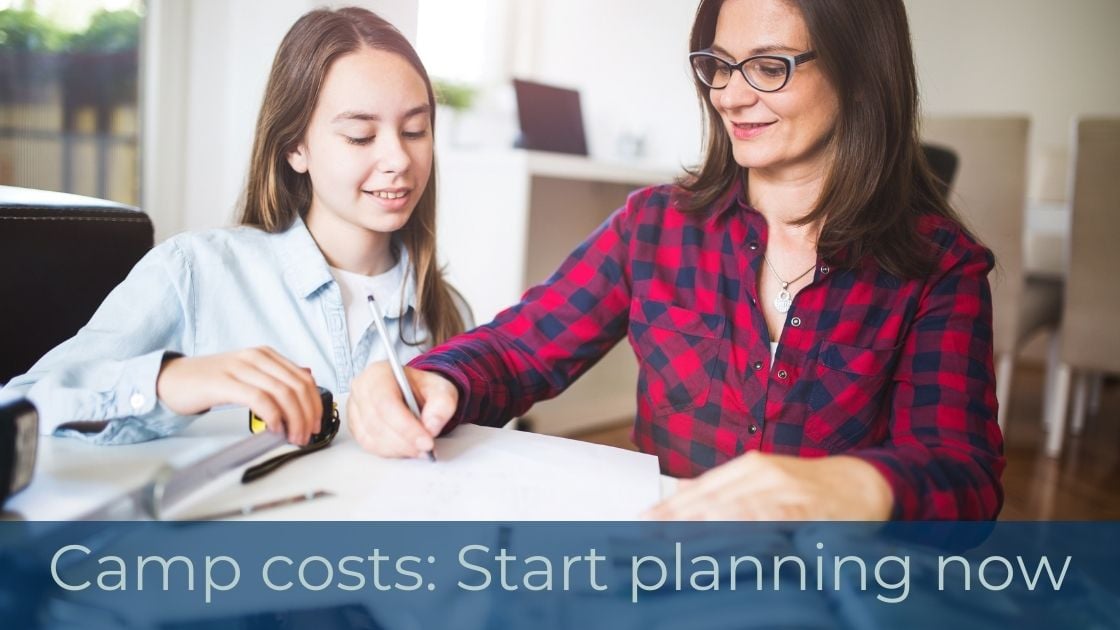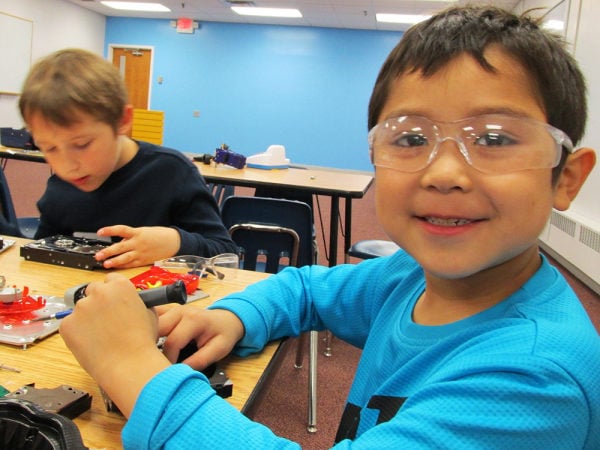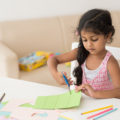It’s May! If you’re a teacher, like me, you know this month absolutely flies by with special events, field trips, programs and activities. And I know we all feel it as parents, too!
Our children (and those of us whose careers revolve around the school calendar) are certainly looking forward to the change of pace that accompanies summer break.
I bet you have some fun things brewing on your family agenda. I know our family does!
This summer, it’s my hope that every child will get to spend time with their family and friends as well as find outdoor time for swimming, playing, wandering and exploring.
It’s also my hope that our children are exposed to experiences that enrich their minds.
Consider these kindergarten teacher-mama recommendations for summer learning:
Seek out special programs
There’s strong evidence that summer learning programs — such as those offered by community organizations or your child’s school — can improve participants’ reading and math outcomes. This can help offset the “summer slide” that so many students experience with a long break from school. Seek out programs with a good mix of structure, learning, community and fun. Also check out the searchable summer camp guide Minnesota Parent offers — with more than 100 camp ideas.
Read! Read! Read!
In Minnesota, nearly every public library offers a summer learning program for kids. While programs vary by library, most consist of two components — a fun way to track self-guided reading (sometimes including incentives) and tons of free and fun educational activities.
Visit your local library to learn more about what it has to offer and/or check out Reading Is Fundamental — the nation’s largest children’s literacy nonprofit — for summer reading collections and activities.
Also, remember read to your child, listen to your child read or simply read side by side with your child.
Get a smARTpass
Speaking of libraries, the Metropolitan Library Service Agency’s (MELSA) smARTpass program is another way to keep kids learning. This project offers metro-area library users free or discounted admission to Twin Cities museums and performance venues such as Mia, the American Swedish Institute, Stages Theatre Company and SteppingStone Theatre.
Think STEM
STEM of Minnesota offers a searchable list of STEM opportunities for students at every grade level, including events and programs sorted by region, type and topics. Free educational sites that offer math games by grade level include the nonprofit Khan Academy and Math@Home.
Apps and websites
There are thousands of free educational apps marketed to young children, but some offer a limited experience or can be littered with pop-ups and advertisements.
Content and quality can vary greatly, too. As an educator and mother, I work to make intentional choices with the tools I use to facilitate learning. The following kid-tested and teacher-mama approved websites are both educational, developmentally appropriate and engaging for young children.
- ABCya! lets kids practice grade-level math and reading skills through fun, interactive games.
- National Geographic Kids helps children learn geography and animals.
- Highlights Kids features stories, games, jokes and inspiration for hands-on activities.
- PBS Kids provides wholesome games and videos — and summer adventure ideas for parents.
Get into games
Playing board games as a family can be a great way to unplug from electronic devices. Board games, stacking games and card games can also provide educational opportunities for children to practice important social skills, such as taking turns, practicing self-control and perseverance. Some of my favorite games for both the home and classroom include Bananagrams, chess, dominoes, Scrabble and Uno. (Find more fun game ideas at mnparent.com/topics/toys.)
Practice skills
Summertime also can be the perfect time to work toward mastery of many easy-to-grasp foundational skills, such as learning how to tie shoelaces, reciting and dialing phone numbers and reciting addresses and birthdays. Keep a shoe with laces in the car for kids to practice tying shoes on road trips.
You can also use summer’s many family outings, neighborhood cookouts and play dates to help kids work on social skills such as manners, self-control, listening and speaking in turn. These skills need to be taught, modeled and reinforced to develop into positive, lifelong habits.
Now: Let’s hear it for summer!
Megan Devine lives with her husband and four school-age children in Northeastern Minnesota. Follow her blog — Kids, Lakes, Loons and Pines.







